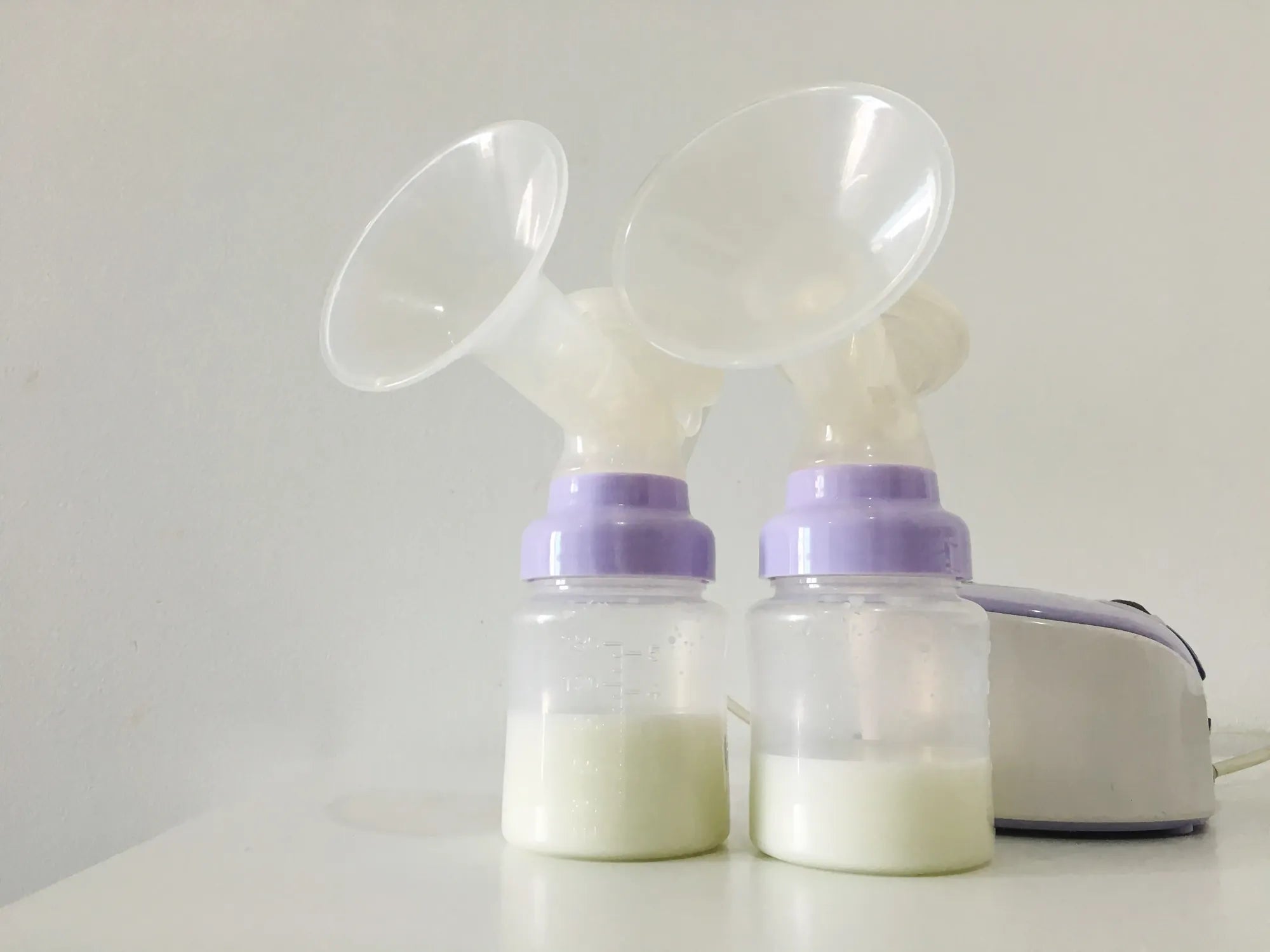Home
Pregnancy, Breastfeeding, and Pumping: The Ultimate Guide for Moms
Can You Start Breast Pumping After Stopping? Everything You Need to Know

Can You Start Breast Pumping After Stopping? Everything You Need to Know
Breastfeeding and pumping are deeply personal journeys for every mother. Whether you’ve taken a break from pumping or stopped entirely, you might be wondering if it’s possible to start again. The good news is that in many cases, yes, you can start breast pumping after stopping. However, there are several factors to consider to ensure a successful and comfortable experience.
Understanding Lactation and Milk Supply
Lactation is a biological process that responds to demand. When you breastfeed or pump regularly, your body produces milk to meet that demand. If you stop pumping or breastfeeding, your milk supply may decrease or even dry up. However, relactation—the process of restarting milk production—is possible with the right approach.
Factors That Influence Relactation
Several factors can affect your ability to start breast pumping after stopping. These include:
- Time Since Stopping: The longer it has been since you stopped pumping, the more challenging it may be to restart milk production. However, many mothers have successfully relactated even after months.
- Your Body’s Response: Every woman’s body is different. Some may respond quickly to relactation efforts, while others may take more time.
- Support System: Having a supportive environment, including family, friends, and healthcare professionals, can make a significant difference.
- Health and Nutrition: Maintaining a healthy diet and staying hydrated are crucial for milk production.
Steps to Start Breast Pumping After Stopping
If you’re ready to start breast pumping again, here are some steps to guide you:
- Consult a Lactation Specialist: A lactation consultant can provide personalized advice and support tailored to your situation.
- Start Pumping Regularly: Begin with frequent pumping sessions, ideally every 2-3 hours, to stimulate milk production.
- Use a Double Electric Pump: This type of pump can help stimulate both breasts simultaneously, increasing efficiency.
- Practice Skin-to-Skin Contact: Holding your baby close can help stimulate milk production and strengthen your bond.
- Stay Patient and Persistent: Relactation can take time, so be patient with yourself and your body.
Tips for a Smooth Transition
Starting breast pumping after stopping can be challenging, but these tips can help make the process smoother:
- Set Realistic Expectations: Understand that it may take time to rebuild your milk supply.
- Stay Consistent: Consistency is key to stimulating milk production.
- Take Care of Yourself: Prioritize your physical and mental well-being during this process.
- Track Your Progress: Keep a journal of your pumping sessions and milk output to monitor your progress.
- Seek Support: Join support groups or online communities to connect with other mothers going through similar experiences.
Common Challenges and How to Overcome Them
Relactation and restarting breast pumping can come with challenges. Here’s how to address some common issues:
- Low Milk Supply: If you’re struggling with low milk supply, consider using galactagogues—foods or supplements that promote lactation.
- Discomfort or Pain: Ensure your pump is properly fitted and use lanolin cream to soothe sore nipples.
- Time Management: Balancing pumping with other responsibilities can be tough. Create a schedule that works for you.
- Emotional Stress: Relactation can be emotionally taxing. Practice self-care and seek professional help if needed.
When to Seek Professional Help
If you’re facing significant challenges or have concerns about your milk supply, it’s important to seek professional help. A lactation consultant or healthcare provider can offer guidance and support to ensure you and your baby are healthy and thriving.
Starting breast pumping after stopping is a journey that requires patience, persistence, and support. With the right approach, many mothers successfully relactate and continue providing breast milk for their babies. Remember, every mother’s experience is unique, so focus on what works best for you and your little one. Whether you’re relactating for health reasons, bonding, or convenience, know that you’re not alone—and that it’s never too late to try.
Share


